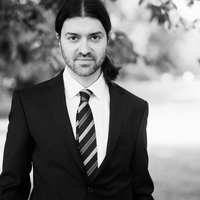
Coming Back for More, Part III: Platonism and Reincarnation
Having reviewed the roots of reincarnationism in the west, we move forward in time, looking at the Hellenistic and especially the imperial Roman eras. We then focus in on the inheritors of the Pythagorean/Platonic legacy, the Platonists.






